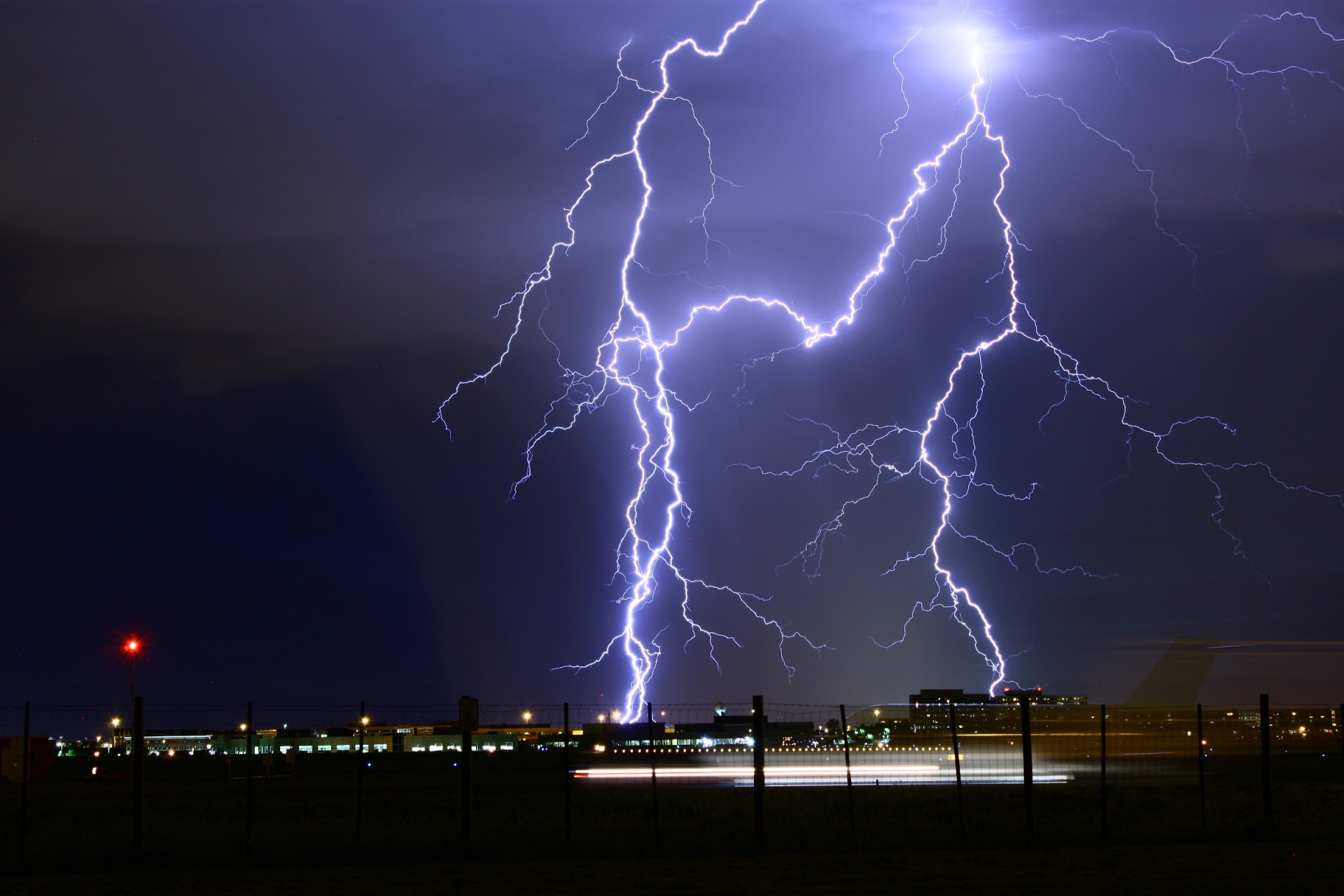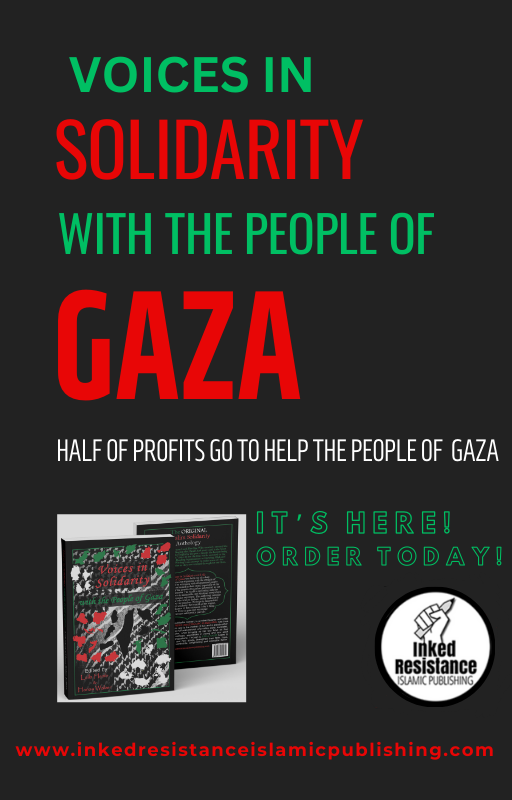Why Our Voices Aren't Heard
Blog Post 17
March 9, 2019

Writers know there are marginalized people. They also know there’s always been. They don’t write about them because they don’t care
|
about them. They pretend they don’t even know them. These writers say they write books they’d like to read. But if they only want to read about people like themselves, that’s a problem. What they’re really saying is marginalized people aren’t important enough to read, or write, about. And so marginalized people keep on getting pushed to the edge, to the fringe, of society. When marginalized writers only write about centred groups, it proves they’ve succumbed to assimilation and self-hate. Often such writers do not consciously identify with marginalized people. They deny that they are left out of society. That’s because people like that hopelessly typecast themselves with the centred groups, wishing they could be like that, genuflecting and scraping at the crumbs. They can’t understand that if they are “accepted,” they’re simply tokens of an “other” who did “good.” Yet they most likely had to do better than “good.” They had to work their butt off for a piece of the centre. Writing about marginalized people, for them, would be anathema to their goal of sitting at the table with centred people, nodding and agreeing and gobbling their worldview as their own. Muslims almost always have intersecting aspects of their identities – religion, nationality, gender, ethnicity, language, mental illness, disability, socioeconomic status…, which further squelch them. People who don’t recognize these intersections can’t imagine how they play into Muslims’ diminished power, voice and place, especially but not just in the west. It’s not only emotional upheavals Muslims face, but imposed limitations, stereotyping, access and downright fear, internalization and inability to cope. When Muslims keep on suffering in the world due to the “new world order’s” murderous brutality and persecutory injustices, when Muslims keep on getting harassed and beat up for looking like a Muslim, when Muslims are rounded up by the enslaving mass incarceration system - this could go on and on - how in the hell are we supposed to feel worthy, productive, sane and even live within all that hatred? We’re virtually invisible, unless someone creates some problem, disrupts the mainstream, and then we’re victimized again. But disrupt we must! One of the ways marginalized people fight back is through their voice in the form of art, whether it’s photography, mixed media, visual, digital, textile, applied, performing, film, writing... Artistic endeavours have always been a way to release negative emotions and tap into positive ones. Art is inspirational, I mean, we’re inspired to create the art and in the process the art inspires and move others. It’s one way to get in touch with our feelings, thoughts, joys, pains, our humanity, and communicate that story to the world. Artists are often at the forefront of social justice initiatives and revolutionary actions. And they’re also often the ones who recognize diversity as the creation that Allah Subhanahu wa ta’ala drew for a sublime reason. They are the most inclusive, sensitive, empathetic and justice-seeking. Artists try to speak the truth by provoking, enlightening and otherwise telling what needs telling, not just to the choir but to the world. Because marginalized people who aren’t co-opted into the system can’t get their work out there, for a myriad of reasons, they are often left frustrated and can become more inward as a method of self-preservation. They realize that the centred groups don’t want to promote or even support their work unless it fits into the status quo, the narrative that’s a lie. Thoughts of allowing themselves to give up their work, to change their focus, to remix their inspirations into a more palpable conglomeration for the public creep in. Whenever money becomes the focus, all may be lost because the money’s out there for artists who tell the stories that reinforce the views of the centre. We must avoid all that like the plague. Otherwise, we’ll become like them. It’s interesting to me that people say we’re all the same. We aren’t. Each of us has our own personality, interests, strengths, life experiences, prejudices, beliefs, talents, etc. This idea of sameness is a ploy to scrape away the differences that make us who we are, to change who we are into someone we’re not. What we are human beings. That’s how we’re the same. And what that means is we’re rational (thinking creations), vulnerable, needy, emotional, loving, scared, truth- and beauty- and good-seeking. When artists touch that chord through their work, it will resonate with all or most human beings, inshallah. There’s no need to portray our work through the lens of others. It must be created through our own lens, with Allah’s Help, and revolve around the human condition, the human selves who are upon this Earth in search of the home we came from, in search of Allah Subhanahu wa ta’ala, in search of a purpose for living, in search of dignity. In terms of writing, telling marginalized writers to create their own stories about marginalized people and self-publish isn’t good enough. It’s just another way of keeping people at the sidelines of society. Marginalized writers can’t get published by the industry unless their stories are acceptable to the centre. They don’t have access to the big house publishing companies, awash with hundreds, if not thousands, of queries and submissions. Equity means bringing ignored groups into the centre like everyone else. Often publishers say they aren’t biased and want to publish “diverse” literature. They claim there’s not enough work written by and about marginalized people. But that’s not true. Manuscripts written by marginalized people reflect their population statistics of any given society. But published books don’t. What is Happening is Censorship Centred groups claim that they share history with marginalized groups. But the history’s not the same. One’s whitewashed and the other’s erased. Centred groups hang onto their notion of “shared history” to feel good about themselves. But in reality, they don’t really value marginalized people. Sure S&S (Simon & Schuster) has made a Muslim imprint. But it’s just a more forceful marking of books as the “other.” They’re just bandaids. Diverse books deserve to be on the same level – the same lists and shelves - as WHAM (white, hetero, able-bodied, maleness) books. Centred groups writing about marginalized groups just don’t work. They claim their books are windows into another world. But simply looking through a window, they’re bound to miss a lot of really important stuff. Actually, what they’re writing is a two-way mirror, like in an interrogation room. So the answer they spout is then, do it yourself. Write a mirror book. But these won’t get published because the publishers have trouble seeing and believing what they read in the mirror. It doesn’t fit their schema. It doesn’t agree with their politics. It’s not digestible. And why can’t marginalized writers write about the view from their window, too? Do they always have to write about the mirror? Publishers expect marginalized people to live within their marginalization all the time. And in the end, they’re expected to fix it, something they themselves didn’t create or work to maintain. They’re supposed to come up with the solutions to the stuff they write about! Internal unconscious bias affects everyone. Because the media have relentlessly portrayed the WHAM scenario, that “good” and “right” western perspective, this bias takes over in our everyday life. What we’re left with is simple meritocracy which means quality versus marketable. To them, WHAM equals quality and everything else isn’t good enough nor sellable. WHAM stories aren’t better or more universal, they’re just privileged. It’s a collective bias. Don’t fall into the trap! If you want to read about yourself, your life and the lives of people like you, don’t fall into the trap of reading only about people who don’t live like you. Look for books that reflect you, such as those Inked Resistance Islamic Publishing is offering. And since there aren’t a lot of those, why not write? Inked Resistance Islamic Publishing is anxious to get your voice out there. Take the chance and send us what you’re thinking and writing about. You’ll be glad you did! If you don’t write, pursue another artistic endeavour to get your voice heard. Or support the artists and writers. And make Inked Resistance Islamic Publishing an on-going focus in your life, financially, promotionally, emotionally and spiritually. We’ll all be rewarded if you do, inshallah!
|

